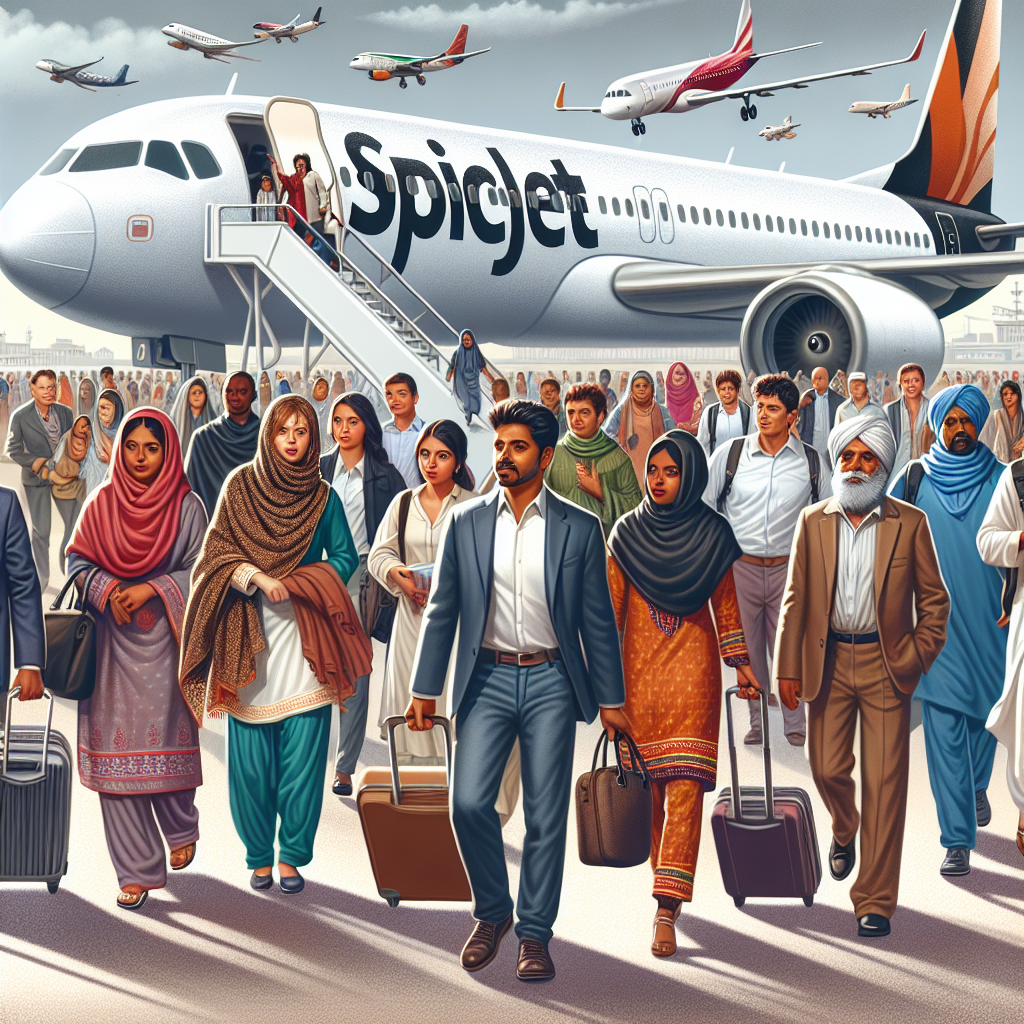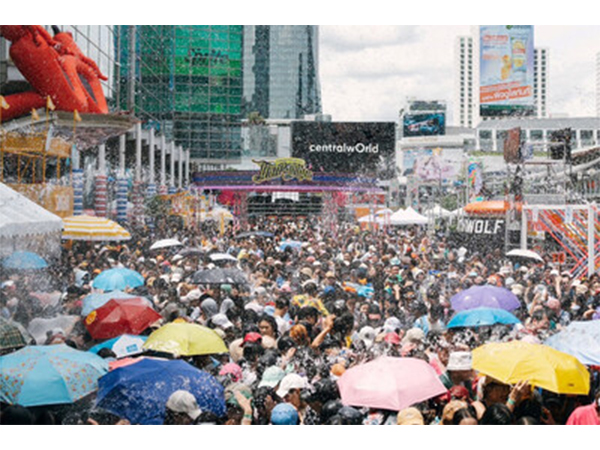Sunday supermarket closures could be pushing consumers to shop online, study finds Published: 15 Apr. 2025, 13:09 Items are displayed at Lotte Mart's Seoul Station branch in central Seoul on April 13. [YONHAP] A government policy designed to protect traditional markets by forcing large discount retailers to shut down twice a month may be backfiring, accelerating the decline of both traditional markets and brick-and-mortar stores, a new study released on Tuesday suggests.
Under a law enacted in 2012, major supermarket chains and hypermarkets in Korea must close two days each month. The rule, part of the Distribution Industry Development Act, aims to give traditional markets and local businesses a chance to compete and ensures retail workers receive regular rest. But new data indicates that shoppers are simply going elsewhere — most often, online.

Related Article [NEWS IN FOCUS] Supermarkets move contentious mandatory closure days to weekdays Wednesday closures for large supermarkets in Seoul’s tourist hub The Korea Economic Research Institute (KERI), affiliated with the Federation of Korean Industries, found using a 2022 dataset from the Rural Development Administration that the average daily spending on groceries at traditional markets by 1,500 households in the greater Seoul area was 6.1 million won ($4,280) on days when large stores were closed. Surprisingly, this figure was lower than the 6.
3 million won spent on regular Sundays when the stores remained open. In contrast, online grocery sales saw a notable increase. On mandatory closure days, households spent an average of 87.
7 million won online, 1.3 million won more than on the larger retailers’ opening Sundays. Supermarkets also gained traction with spending reaching 19.
2 million won — 1.1 million won more than on typical Sundays. “Consumers either shift to online purchases or buy in advance if large retailers are closed,” said Yoo Min-hee, a research fellow at KERI.
“This shows that large retailers and traditional markets are not rivals but serve complementary roles in the retail landscape.” The trend becomes even more evident when looking at long-term data. Grocery spending at traditional markets on mandatory closure days fell 55 percent from 13.
7 million won in 2015 to 6.1 million won in 2022. Spending at supermarkets was cut in half over the same period, from 38.
4 million won to 19.2 million won. Meanwhile, online spending surged from just 1.
8 million won in 2015 to 87.7 million won in 2022, marking a 48.7-fold increase.
“As more consumers shift to online shopping, regulations on large retailers may end up pushing even more people toward e-commerce, accelerating the decline of the offline retail sector,” Yoo said. Translated from the JoongAng Ilbo using generative AI and edited by Korea JoongAng Daily staff. BY JEONG JAE-HONG [ [email protected] ] var admarutag = admarutag || {} admarutag.
cmd = admarutag.cmd || [] admarutag.cmd.
push(function () { admarutag.pageview('3bf9fc17-6e70-4776-9d65-ca3bb0c17cb7'); });.
Sunday supermarket closures could be pushing consumers to shop online, study finds

Items are displayed at Lotte Mart's Seoul Station branch in central Seoul on April 13. [YONHAP] A government policy designed to protect traditional markets by forcing large discount retailers to shut down twice a month may be backfiring, accelerating the decline of both traditional markets and brick-and-mortar stores, a new study released on Tuesday suggests. Under a law enacted in 2012, major supermarket chains and hypermarkets in Korea must close two days each month. The rule, part of the Distribution Industry Development Act, aims to give traditional markets and local businesses a chance to compete and ensures retail workers receive regular rest. But new data indicates that shoppers are simply going elsewhere — most often, online. Related Article[NEWS IN FOCUS] Supermarkets move contentious mandatory closure days to weekdaysWednesday closures for large supermarkets in Seoul’s tourist hub The Korea Economic Research Institute (KERI), affiliated with the Federation of Korean Industries, found using a 2022 dataset from the Rural Development Administration that the average daily spending on groceries at traditional markets by 1,500 households in the greater Seoul area was 6.1 million won ($4,280) on days when large stores were closed. Surprisingly, this figure was lower than the 6.3 million won spent on regular Sundays when the stores remained open. In contrast, online grocery sales saw a notable increase. On mandatory closure days, households spent an average of 87.7 million won online, 1.3 million won more than on the larger retailers’ opening Sundays. Supermarkets also gained traction with spending reaching 19.2 million won — 1.1 million won more than on typical Sundays. “Consumers either shift to online purchases or buy in advance if large retailers are closed,” said Yoo Min-hee, a research fellow at KERI. “This shows that large retailers and traditional markets are not rivals but serve complementary roles in the retail landscape.” The trend becomes even more evident when looking at long-term data. Grocery spending at traditional markets on mandatory closure days fell 55 percent from 13.7 million won in 2015 to 6.1 million won in 2022. Spending at supermarkets was cut in half over the same period, from 38.4 million won to 19.2 million won. Meanwhile, online spending surged from just 1.8 million won in 2015 to 87.7 million won in 2022, marking a 48.7-fold increase. “As more consumers shift to online shopping, regulations on large retailers may end up pushing even more people toward e-commerce, accelerating the decline of the offline retail sector,” Yoo said. Translated from the JoongAng Ilbo using generative AI and edited by Korea JoongAng Daily staff. BY JEONG JAE-HONG [[email protected]]











